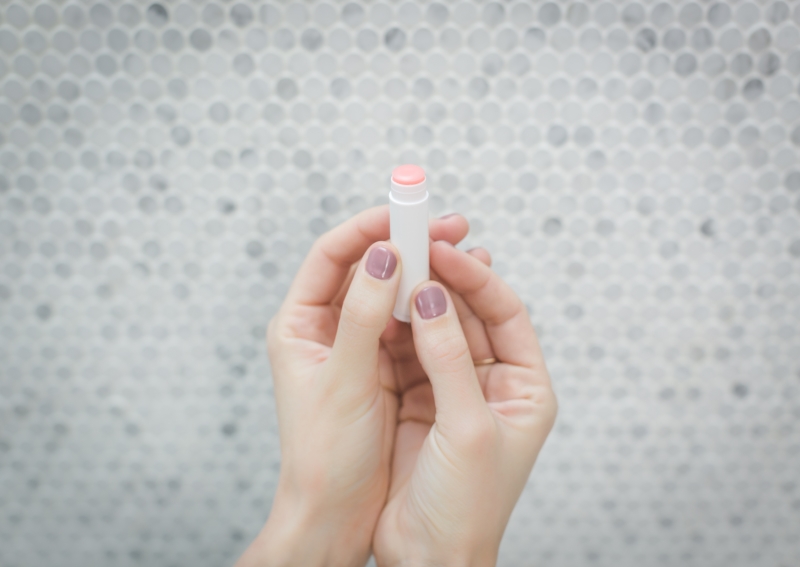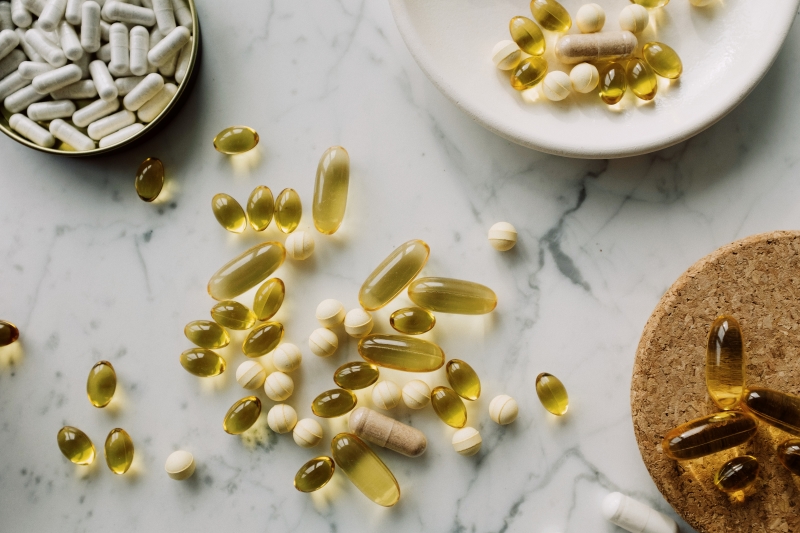What to do when lip balms just aren't enough for your dry, cracked and itchy lips


Wearing masks in public is part of the new norm, and we know that it can lead to maskne. But did you know that wearing face masks can lead to dry lips?
It’s not only the humidity and friction that causes it, but also the fact that we might drink water less often since we might find it a chore to remove our mask for that sip of water.
Moreover, the skin on your lips is thinner, with just a third of the cellular layers compared to the rest of the body. Also, there aren’t any moisturising sweat glands on the surface. That is why even licking your lips can wreck damage and dry them out – so it’s extremely important to hydrate and protect.
That being said, sometimes no matter how well you maintain your pucker or how much lip balm you slather over your lips, they are still dry, scaly and itchy. Why?
If you find yourself with chapped itchy lips, it could be a sign of a condition called cheilitis. It usually occurs around the borders of the lips, though the surrounding skin and the mouth cavity may also be affected.
Cheilitis may cause itching, a burning sensation or pain. It can be due to multiple factors, both internal and external. The most common are eczema, chronic sun exposure and infection.
Lip dryness due to internal diseases is less common. Eczematous cheilitis is the most common cause. This may be due to skin diseases such as atopic dermatitis or by contact with allergic or irritant materials, or both. In both situations, you may have rashes elsewhere on your body.
It is important to note that multiple factors may co-exist for any person who is affected. Irritation or allergy by foods, pharmaceutical products (such as sunscreens), fragrances, cosmetics, oral hygiene products and preservatives are the common culprits.
To evaluate eczematous cheilitis, an assessment of atopic disease, a detailed history that reviews one’s exposure to irritants or allergens and patch testing are invaluable.
Patch testing is essential for allergic contact cheilitis. To find out the possible allergens, suspected items from the patient can be tested, along with the standard set of allergens available at specialised dermatology centres.
Patients with negative patch tests are diagnosed with irritant contact cheilitis or atopic cheilitis. However, since multiple factors can be responsible for lip inflammation, it may be difficult to ascertain the type of eczematous cheilitis.
What can you do about it?

Prevention is always better than cure. Lip balm helps to prevent dry lips from wind, dry air, salty foods, mouth breathing and habitual licking of the lips.
If you choose one with SPF, it’ll also protect the lips from overexposure to harmful UV rays which may dry out the lips even further.
Topical moisturisers and anti-inflammatory creams can alleviate the inflammation. Your doctor may also prescribe a steroid cream, antibiotics or antifungal treatment to help with healing.
Rubbing some natural nut oils and seed butters on your lips can also provide great relief for cracked and chapped lips.

Removing the suspected irritant from the patient’s environment is the mainstay of treatment. Patients should avoid lip balms that contain flavourings, preservatives, lanolin and other potential allergens.
The other things to avoid would depend on the result of the patch test. Topical corticosteroids are helpful in reducing redness and itch. Bland emollients such as petrolatum can be liberally used in combination with topical corticosteroids.
If these measures are not helpful, the patient should consult a specialist dermatologist.

Cheilitis may arise as a symptom of iron deficiency according to the New Zealand Dermatological Society. Iron dietary supplements can help to correct the deficiency and in turn alleviate the itching and dryness.

Dry lips are a sign of dehydration. Make sure to stay hydrated from within by drinking eight to twelve glasses of water a day.

If you live or work in an air conditioned environment, consider picking up a humidifier. Humidifiers can help to moisten the air and help with dry lips.
The above medical information is from Dr Huma Jaffar, consultant, University Dermatology Clinic, National University Hospital.